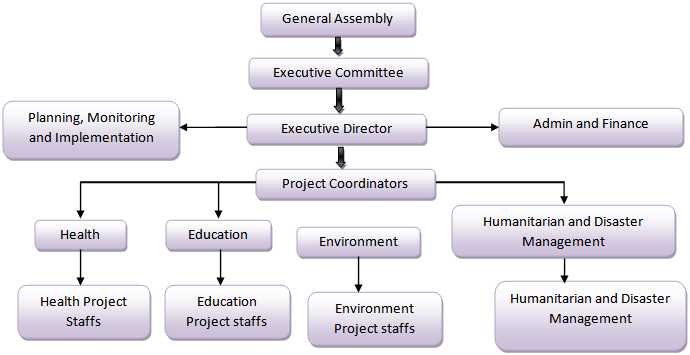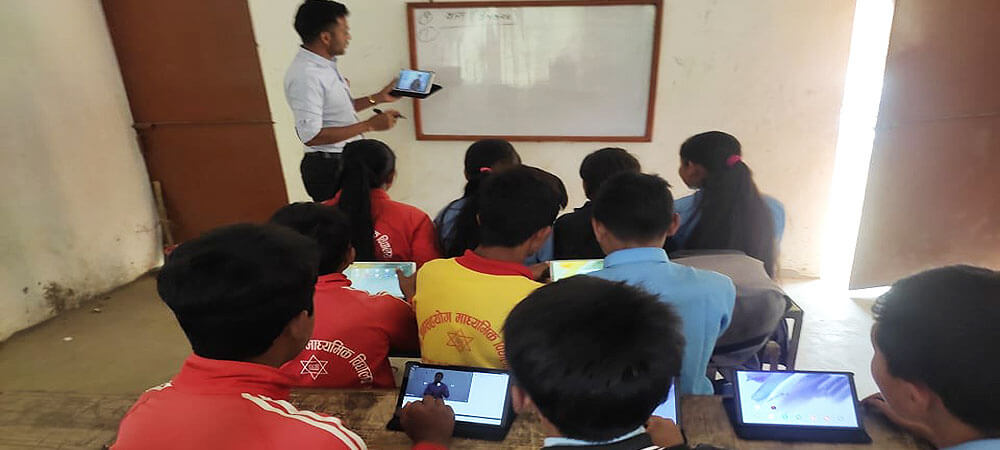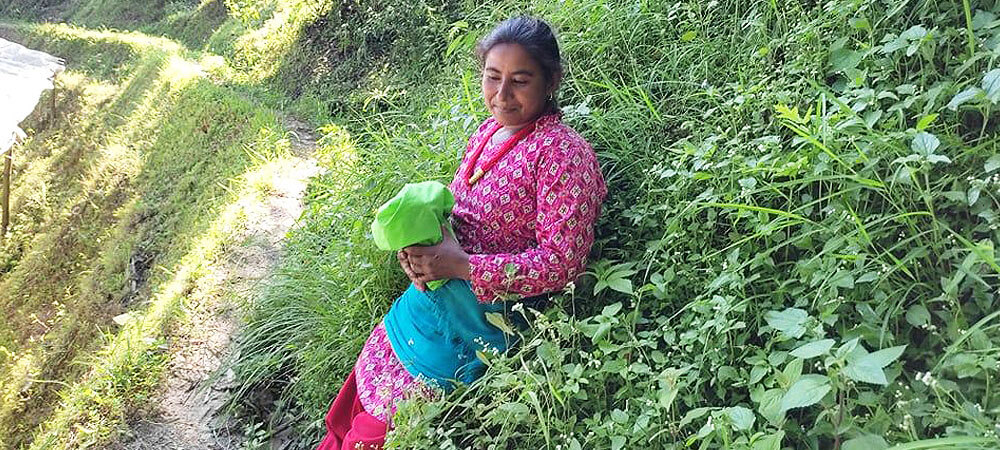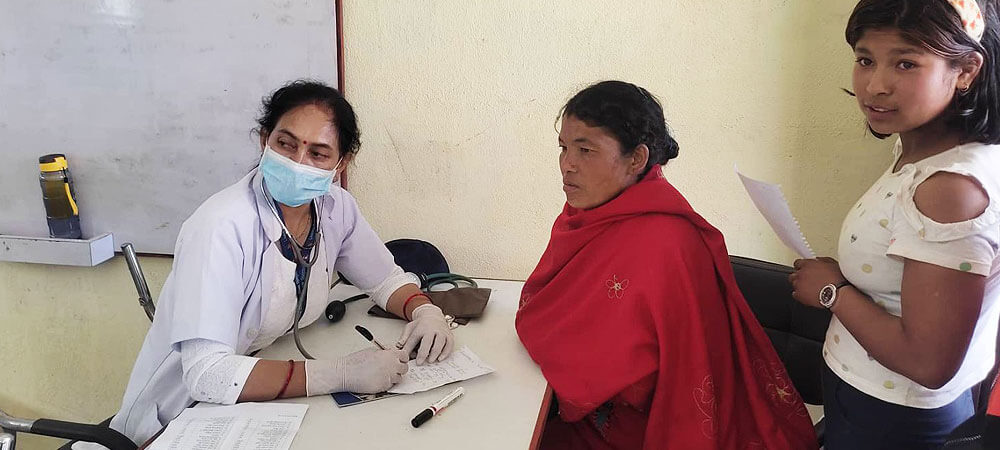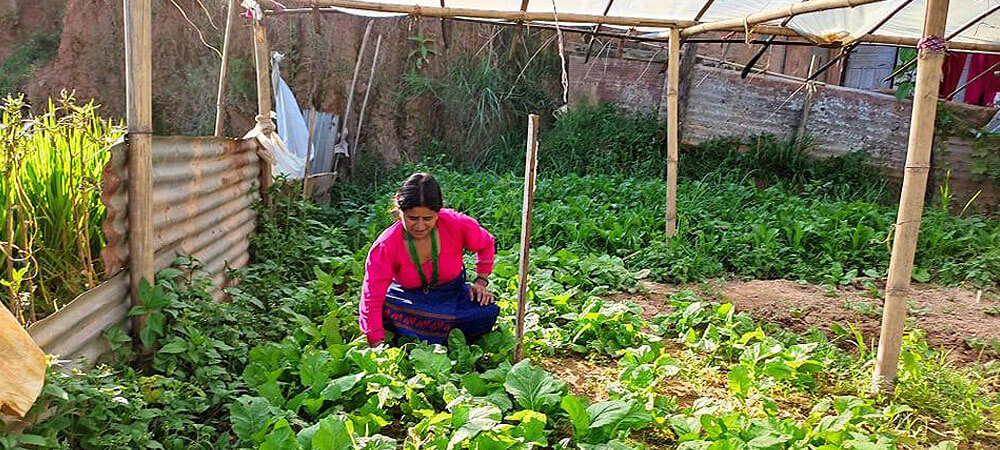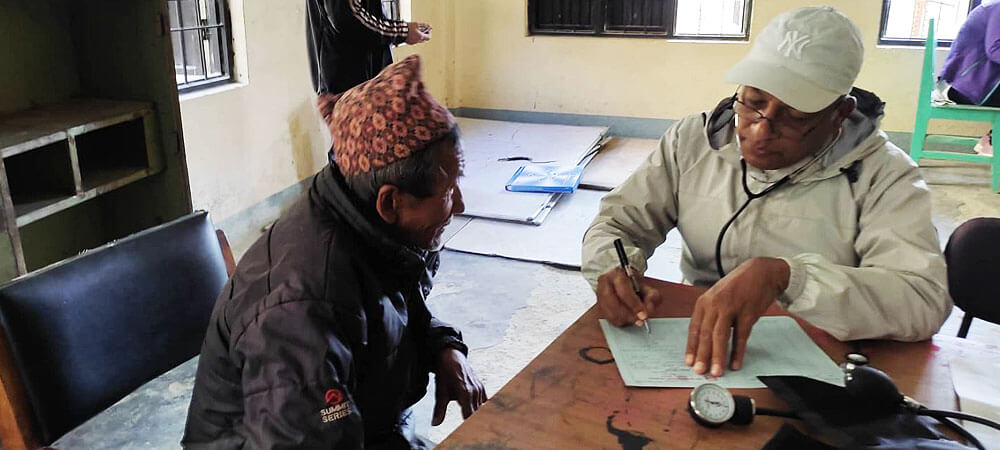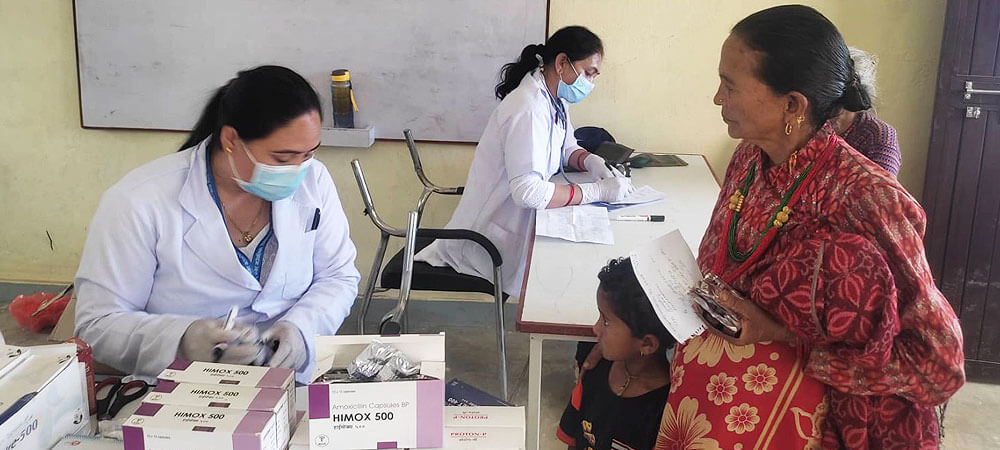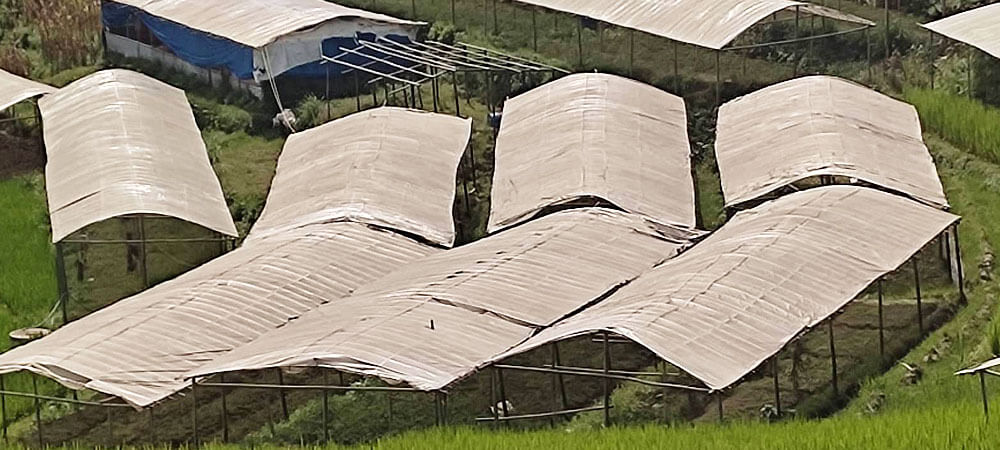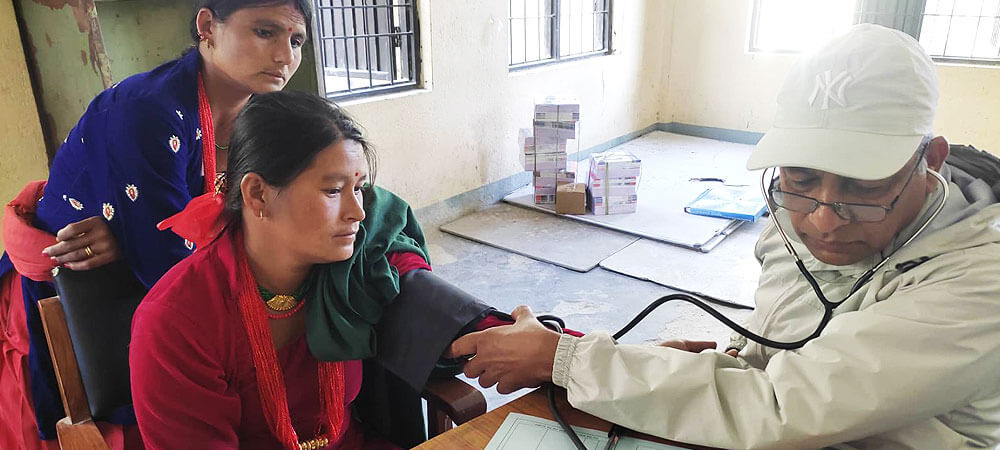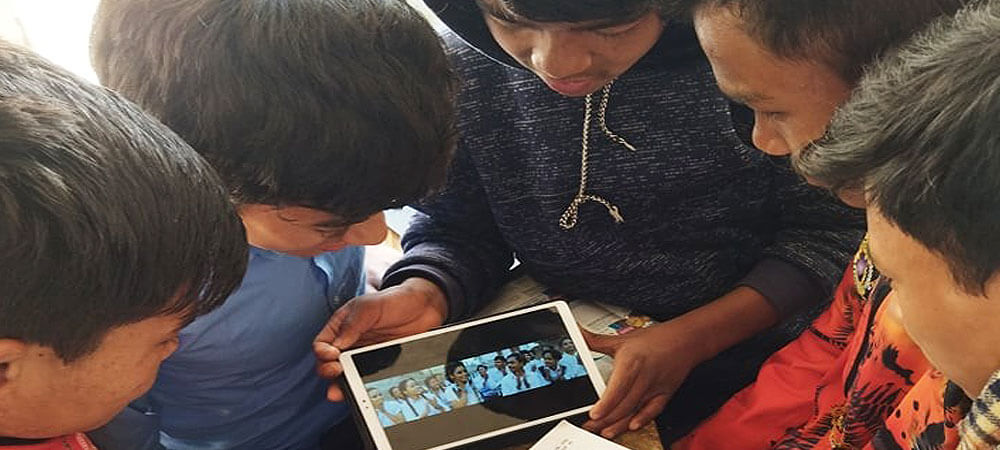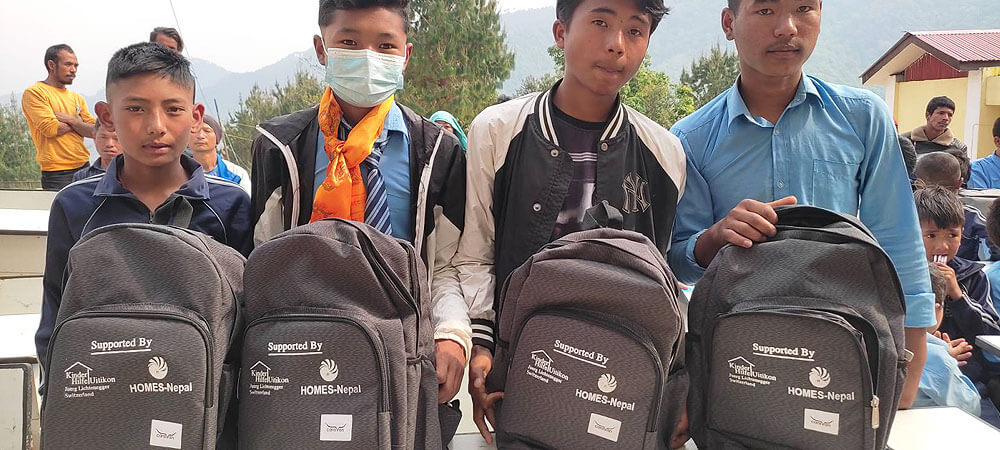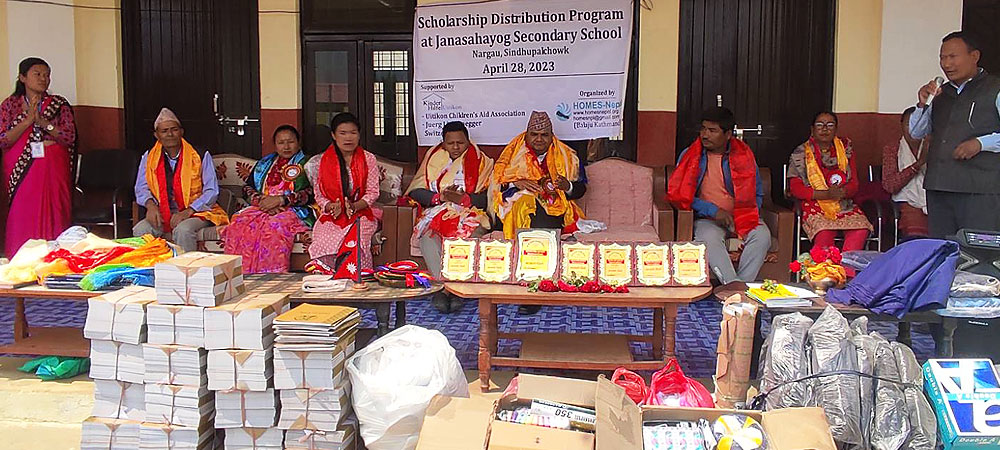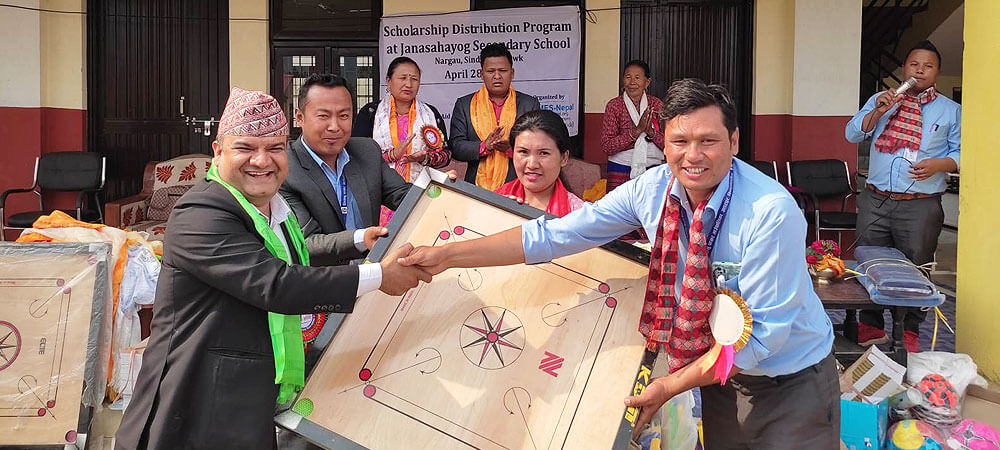INTRODUCTION
HOMES-Nepal is a not-for-profit, non-political and non-governmental organization. Its officers and members are comprised entirely of Nepali citizens. It was established on 5TH June 2007 under the Organization Registration Act 2034 B.S. (1977) and affiliated to Social Welfare Council registration number (22540) on 14th June 2007.
In this locality HOMES Nepal is an-efficient NGO whose active members include Development experts, Researchers, Teachers, Business Entrepreneurs, Tourism and Volunteers and experienced persons. Professionals and Technicians are also involved towards effective and smooth functioning of this Organization. The activities of HOMES-Nepal cover a broad remit including work to support; education, environmental conservation, health, sanitation, and skill development. Our work is targeted at the poorest communities and in certain cases specifically supports; women, children, orphans, lower castes, the homeless and other marginalized and disempowered peoples within Nepal.
HISTORY of HOMES-Nepal:
One sunny day Kathmandu, Pamfa was walking over the Balaju Bridge, a place she had crossed a thousand times. Beneath her flowed the Bishnumati River. Once a beautiful location Pamfa was struck for the first time by how polluted it had become. So many people had come to abuse the beautiful natural resource flowing beneath them and what was once a treasure had become a pungent eyesore. With this realization in mind she approached her brother Badri to see what they could do about it. Badri agreed that it was a terrible shame and the something needed to be done about it. After this Badri took the role of Chief Executive Officer, established HOMES Nepal and registered with the Social Welfare Council (Number 22540). Since 2007 HOMES has been operating as an NGO (Non-Governmental Organization) based in Nepal’s capital of Kathmandu. Our main priorities are Environment, Education, Health and Volunteer and we run many programs within these areas.
VISION:
The main vision of this organization is the elimination of poverty and create awareness among the poverty stricken and the down trodden and establish a sustainable development to bring about self -sufficiency and fulfill the basic necessitates and create a legitimate society.
WORDS IN ACTION:
After this Badri took the role of Chief Executive Officer, established HOMES Nepal and registered with the Social Welfare Council (Number 22540). Since 2007 HOMES has been operating as an NGO (Non-Governmental Organization) based in Nepal’s capital of Kathmandu. Our main priorities are Environment, Education and Health and we run a number of programs within these areas.
WE BELIEVE:
Our organization should deliberately push the boundaries of development work (anywhere in the world) and our ambitious goals, strong work ethic and innovative solutions drive what we do. We have a real passion for positive development and welcome anyone of a like mind (or any level of interest) with open arms.
WE ARE:
Following the rules of NGOs within Nepal all of our officers and members are Nepali nationals. In addition we are proud to work with a number of specialists, consultants and volunteers from around the world. For information we should make it clear that we no-longer work on housing projects – our name was just too much of an asset to change.
NORMS & VALUES:
MISSION:
- To act for the empowerment and rights of the backward community by strengthening their organizational level.
- To act as a facilitator by implementing community based process method to enable the community to advance by self-learning and experience.
GOAL:
- To debate, discuss and advocate the issues of local and national level.
- To enable and empower the community for social and economical reforms.
- To adopt Right Based Approaches for the enhancement of accessibility of all concerns.
- To address the major causes in the field of poverty reduction.
- To advocate for the establishment of peace and good governance.
- To promote the Community Organizations for development.
OBJECTIVES:
- Preparation and implementation of curriculum according to the geographical features and need of the community with their own participation.
- Conduct Joint eco-social Program towards upliftment of backward classes, women and children.
- Implementation of program related to education, health, family planning, child rights. Nutrition, income generation and environmental activities in the community.
- Organize program towards developing economical and ability self reliance to create self employment through vocational training.
- Familiarize and provide community saving habit to the members and provision of Loans in aid.
- Co-ordination and relationship with financial institutions of national and international levels.
STRATEGIES:
- To fulfill the above aims and objectives the organization will implement the following schemes.
- On the basis of self-participation of members and taking into account the environmental balance reorganization of program, schemes and plans will be prepared and evaluated.
- Beneficial programs related to self-reliance and involving general awareness will be introduced among beneficiaries.
- Priority will be given to female participants and will be encouraged to participate irrespective of sex.
- Programs like adult literacy, health, community saving schemes and income generating as well as integrated community development program.
- Income generating and beneficial programs will be implemented among backward classes in the society.
- Preparation of manpower from local level to handle community services.
- Encouragement will be given to utilize productive funds through community savings schemes and with the utilization of local manpower.
- Vital role will be played in co-ordination with N.G.Os and I.N.G.Os and will deal and assist to provide financial aid to the targeted community.
PROCESS OF PROGRAM IMPLEMENTATION:
Sustainable development of poverty stricken People facing vulnerable circumstances is possible only when they themselves realize and achieve their basic amenities through self-decision and self control by participation and evaluation the changes.
According the implementation process of this institution members of the community will be organized in to groups and first of all problems will be recognized secondly aims be chosen after which action plan will be prepared and then the plan will be implemented followed by evaluation and reviewing process will take place as a cycle bringing physical as well as mental development among the beneficiaries.
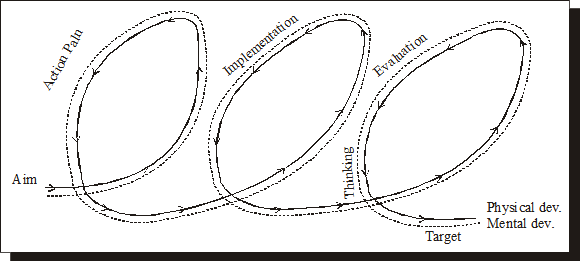
ORGANOGRAM: